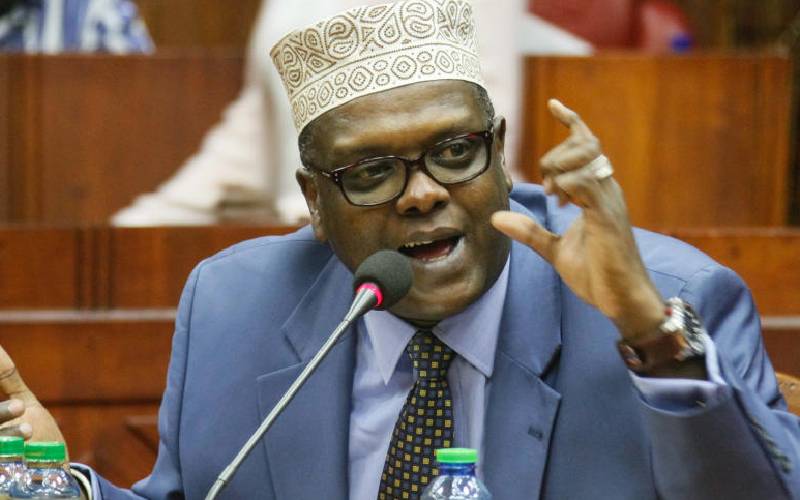×
The Standard e-Paper
Fearless, Trusted News

Former Sports CS Hassan Wario.
Images of a disheveled, distraught and seemingly dehydrated Kenya sprints greats John Anzrah being ushered out of the Jomo Kenyatta Airport before the 2016 Rio Olympics had ended, disturbed the conscience of a nation.